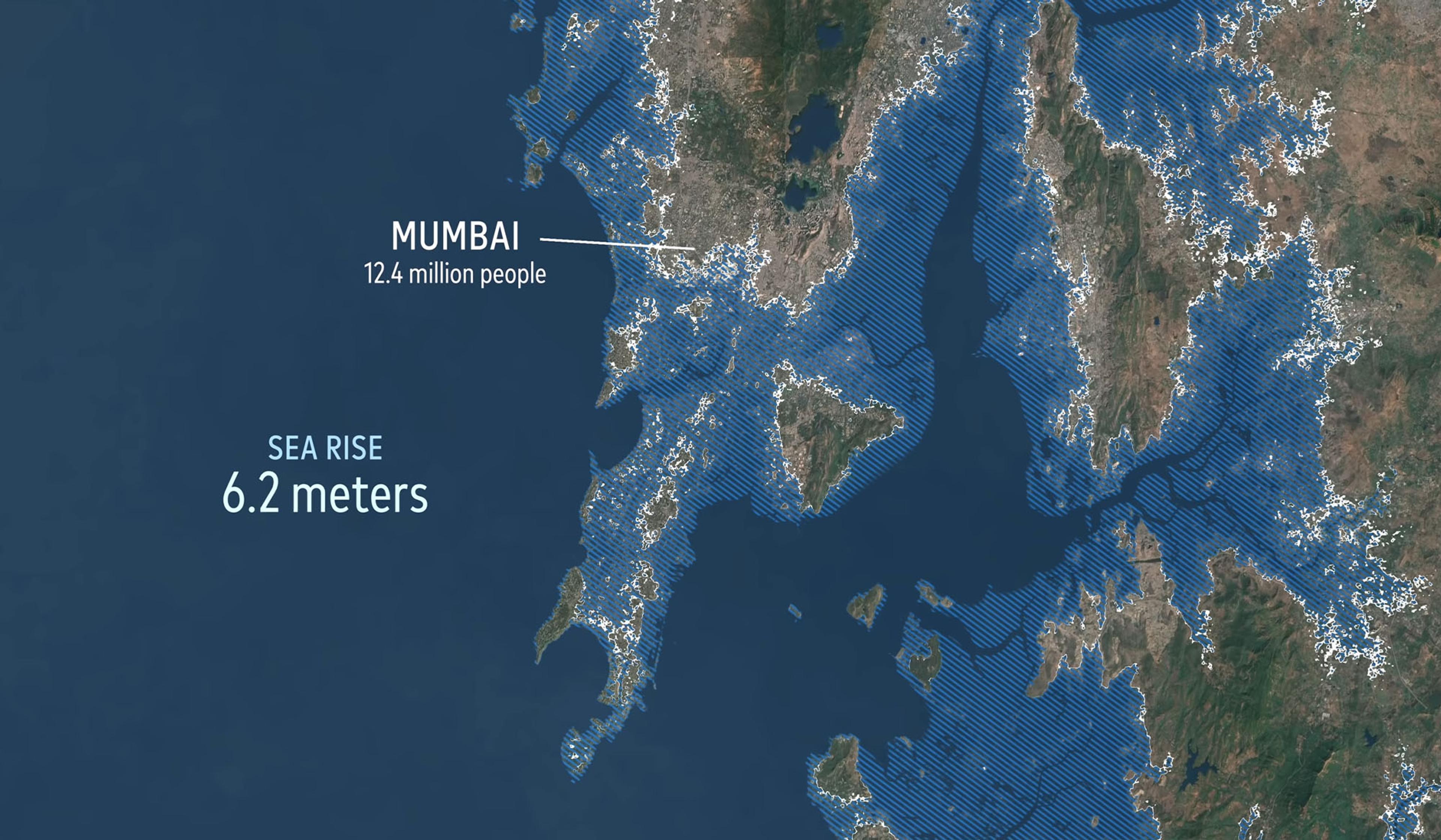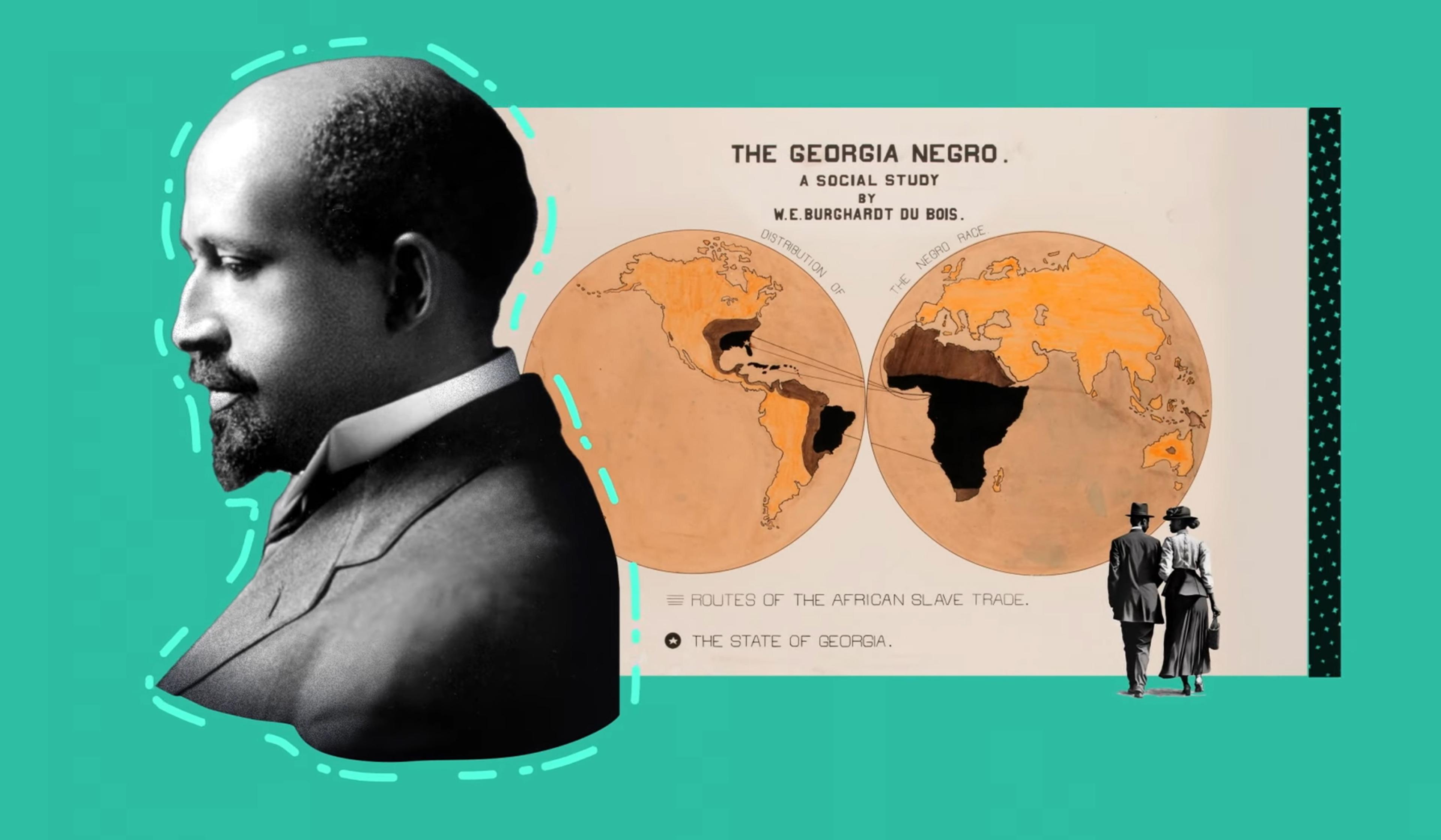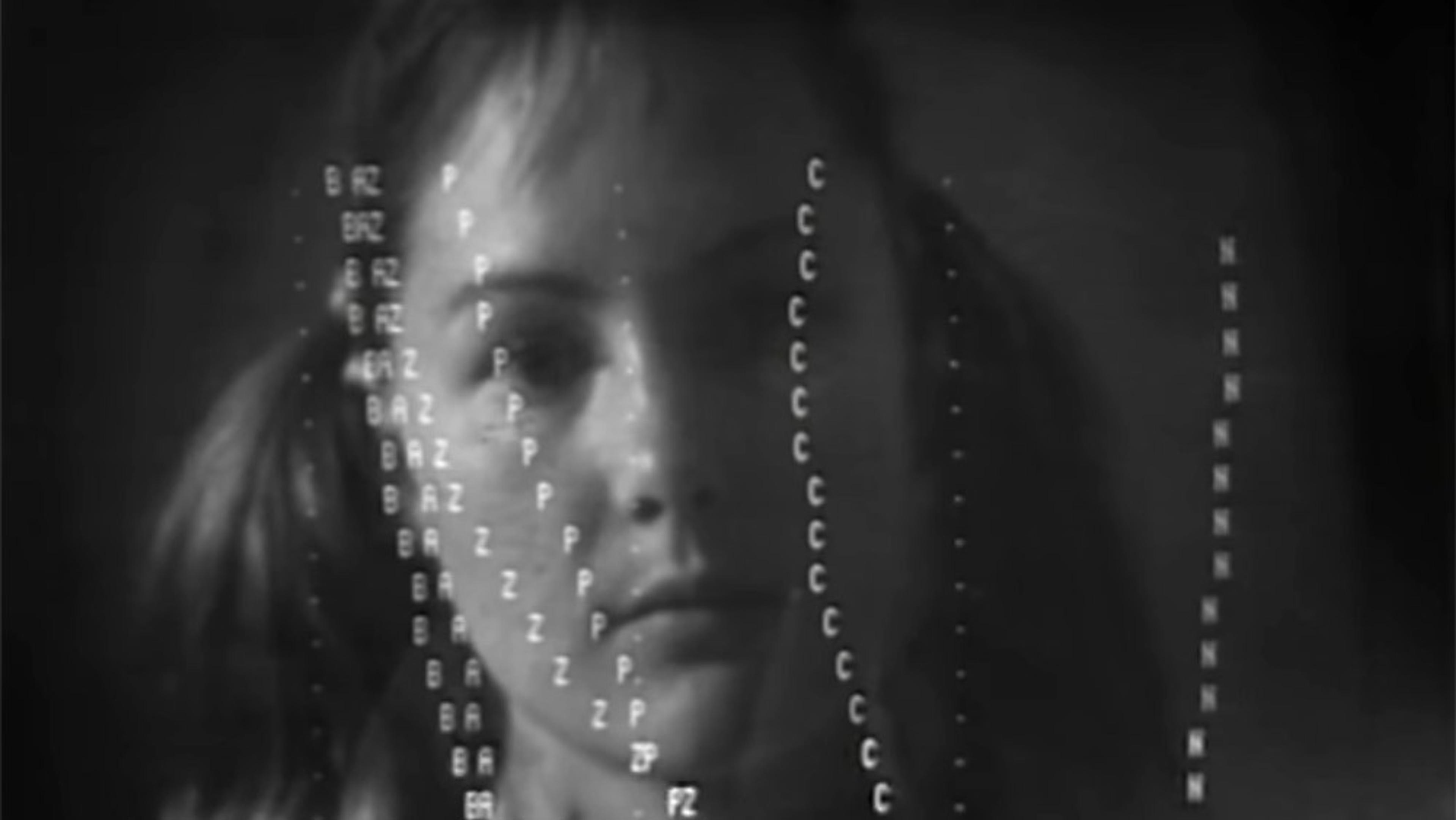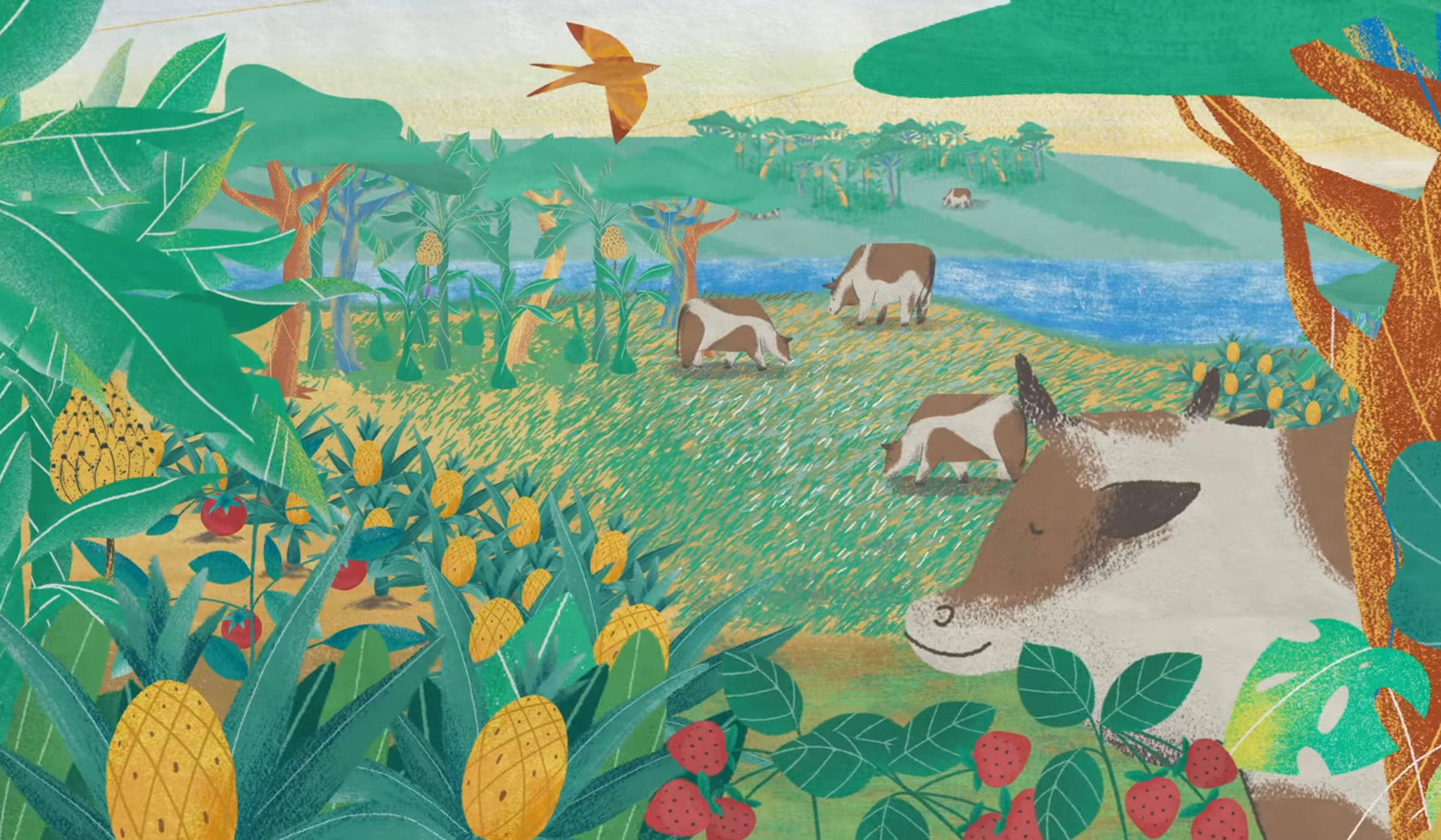The notion that human activities might be warming the planet started coming into focus in the 1960s and ’70s, before a scientific consensus emerged in the 1980s and ’90s. But the rough outlines of the science surrounding humanity’s greatest contemporary threat has a surprising, little-known history that dates back roughly two centuries. This brief animation from BBC Ideas traces our modern understanding of the greenhouse effect through the work of three pioneering scientists, beginning with the US scientist and women’s rights activist Eunice Foote, whose 1856 work on the heat-trapping effects of CO2 was buried for decades before being rediscovered in 2010.
Climate change science is centuries, not decades old, and it was pioneered by a woman
Video by BBC Ideas
Animator: Peter Caires

videoEarth science and climate
How much can science really tell us about the future of climate change?
24 minutes

videoInformation and communication
Mapping data visualisation’s meteoric rise from Victorian London to today
6 minutes

videoEarth science and climate
Battling sexism and dissension, Marie Tharp changed how we understand the Earth
5 minutes

videoEarth science and climate
How an Earth science outsider finally put the Pangea puzzle together
8 minutes

videoQuantum theory
The physics revolution that started with the flicker of a lightbulb
4 minutes

videoEarth science and climate
There’s a ‘climate bomb’ ticking beneath the Arctic ice. How can we prepare?
8 minutes

videoComputing and artificial intelligence
Civilisation peaked in 1940 and will collapse by 2040: the data-based predictions of 1973
11 minutes

videoPhilosophy of science
What toddlers can teach us about how the human brain does science
10 minutes

videoEcology and environmental sciences
Producing food while restoring the planet – a glimpse of farming in the future
7 minutes